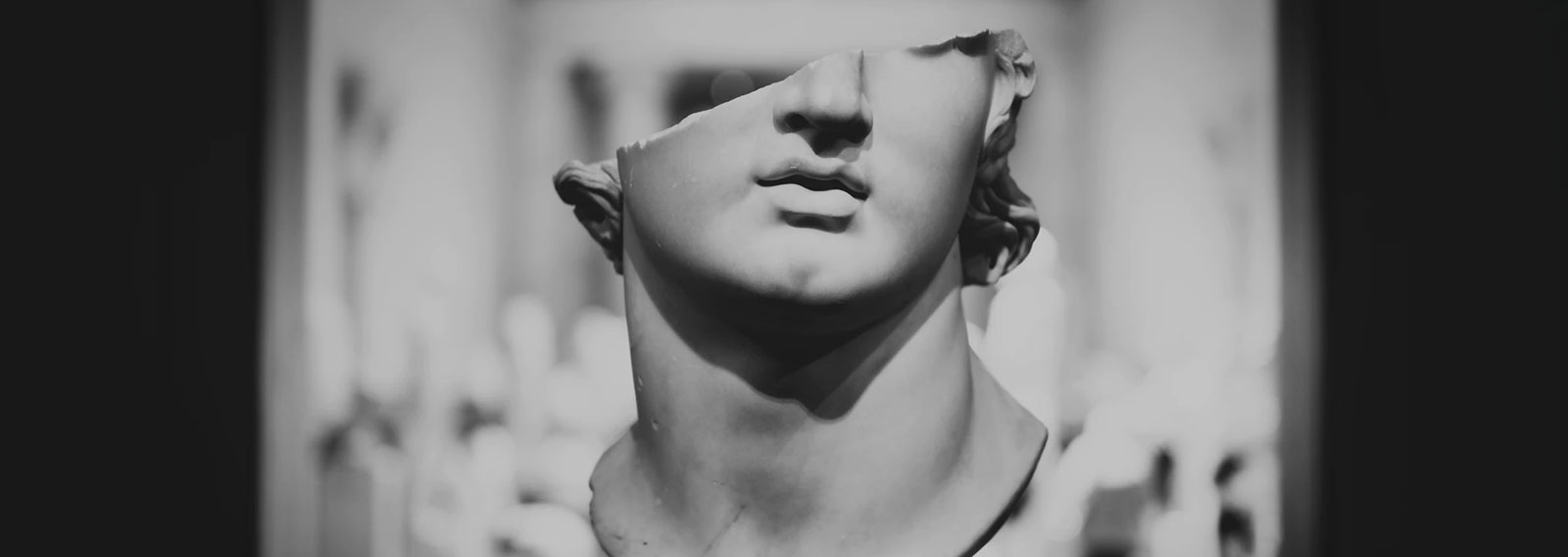In his book entitled, Our Threatened Freedom: A Christian View on the Menace of American Statism, R.J. Rushdoony noted an essay written by the 19th-century philosopher and sociologist Herbert Spencer.
The essay, which Spencer titled, “The Coming Slavery,” warned of the development of a new, and more deadly, form of slavery. It was not to be like the old slavery with the private ownership of some men by other men.
No, the coming slavery would be different. It would be worse. It would be the ownership of the people by the state.
Rushdoony writes:
The roots of the new slavery, [Spencer] said, would be in a supposedly humane belief. He saw the churches themselves falling prey to and advocating this dangerous premise. As Spencer stated it, “The current assumption is that there should be no suffering, and that society is to blame for that which exists.” There were, thus, two aspects to this malignant and deadly belief.
First, the belief that there should be no suffering is a denial of the need to grow or to pay the penalty for sins and errors. Parents are commonly addicted to this error. They do not want their children to go through what they had to go through, with the net result that their children fail to develop the character their parents have. Apply this principle to society and you have social anarchy.
Second, there is the belief that society is to blame for that which exists. Responsibility and character, however, are primarily and essentially personal. When we deny that personal foundation of responsibility, we undermine both law and civilization.
When we make such deadly assumptions, namely, that there should be no suffering and that society is to blame for what exists, we then work to regulate society, not to develop character, knowledge, and abilities in the individual. The end result of these regulations, Spencer predicted, is more regulations, and, finally, mass enslavement. All of us then become, in effect, the prisoners of the state. The slave society has increasingly one answer to all problems: more regulations — or more slavery. Those who try to maintain their freedom begin to give up and begin to join the ranks of the slaves, and you have a revolution into slavery. As Spencer noted:
“To one who doubts whether such a revolution may be so reached, facts may be cited showing its likelihood. In Gaul, during the decline of the Roman Empire, ‘so numerous were the receivers in comparison with the payers, and so enormous the weight of taxation, that the labourers broke down, the plains became deserts, and wood grew where the plough had been.’ In like manner, when the French Revolution was approaching, the public burdens had become such, that many farms remained uncultivated and many were deserted: one quarter of the soil was absolutely lying waste; and in some provinces one-half was in health.” (45)
Spencer’s prediction was right. We are indeed moving into the new slavery. But responsibility is personal, and we are not helpless pawns. The time has come for us to move into freedom.
Our Threatened Freedom: A Christian View on the Menace of American Statism, R.J. Rushdoony





















